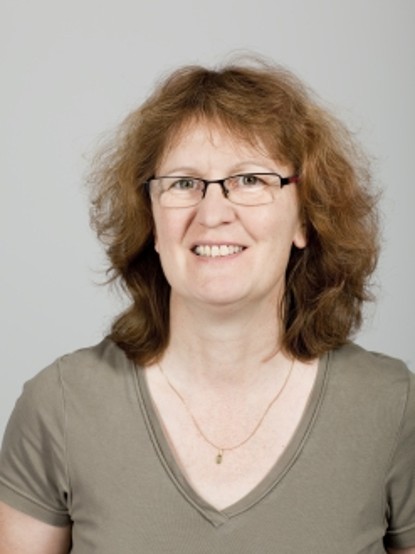Functional colloidal mesostructures: From optics to thermal transport
Guest talk by Markus Retsch (University of Bayreuth)
2018/06/08 11:00-12:30
The PhD colloquium on June 8 th comprises a guest talk by Prof. Dr. Markus Retsch (University of Bayreuth) entitled “Functional colloidal mesostructures: From optics to thermal transport”. Adnan Khalil (C04) will hold the subsequent CRC talk on gradually controlled wetting properties and its influence on ionic transport in mesoporous silica thin films.
Abstracts:
Functional colloidal mesostructures: From optics to thermal transport
Prof. Dr. Markus Retsch (University of Bayreuth)
Self-assembly is a powerful tool to access well-defined nanostructured materials, which exhibit unique mechanical, optical, or thermal properties. When working with colloidal latex or silica particles structural length scales from a few tens up to few micrometers can be addressed.
In his presentation, Prof. Retsch will elaborate on three topics. At first, he willl present the latest results of his group on the self-assembly process and nanostructured material fabrication itself. A new way to break the ever-occurring six-fold symmetry in colloidal monolayers and a new method to access transferable and free-standing nanostructures will be introduced.
Secondly, Prof. Retsch will demonstrate how nanohole arrays can be used for deterministic colloid immobilization and as an alternative to ITO in solar cells.
In the third part, he will talk about three-dimensional colloidal structures and their thermal transport properties. This is a rather underexplored field, yet, colloidal superstructures are ideally suited to design the thermal properties of nanostructured materials rationally. Recent results of Prof. Retsch's group show how to engineer highly insulating materials.
First results on switchable anisotropy and programmable temperature-dependent thermal conductivity pave the way towards intriguing thermal devices such as thermal diodes or switches.
Prof. Markus Retsch is Juniorprofessor for Polymer Systems at the University of Bayreuth. In 2013 he received a Lichtenberg professorship from the Volkswagen foundation and in 2016 an ERC starting grant. His current research interests lie in the investigation of materials for energy conservation and conversion, accessible with colloidal assembly strategies.
Subsequent talk:
Gradually controlled wetting properties and its influence on ionic transport in mesoporous silica thin films
Adnan Khalil (Project C04)
Mesoporous silica materials have a wide range of application in science due to very peculiar properties like high surface area, controlled porosity and high flexibility in surface design and composition. Exemplary applications would be sensor technology, drug release or energy storage, where the diffusion of molecules in the porous system is of importance. However, the influence of wetting of complex, porous structures on water imbibition and ionic pore accessibility is rudimentarily investigated. On the other hand a direct dependence of surface wettability on the character and physicochemistry of the surface exists. Via functionalization by silane chemistry, the wetting properties of the intrinsically hydrophilic silica matrix can be rationally designed.
In this work, the wetting properties of mesoporous silica thin films were gradually adjusted and the mutual dependence of wetting and ionic transport in the porous system investigated, systematically.
Date: June 8, 2018, 11:00-12:00
Venue: L2|06, Room 100

